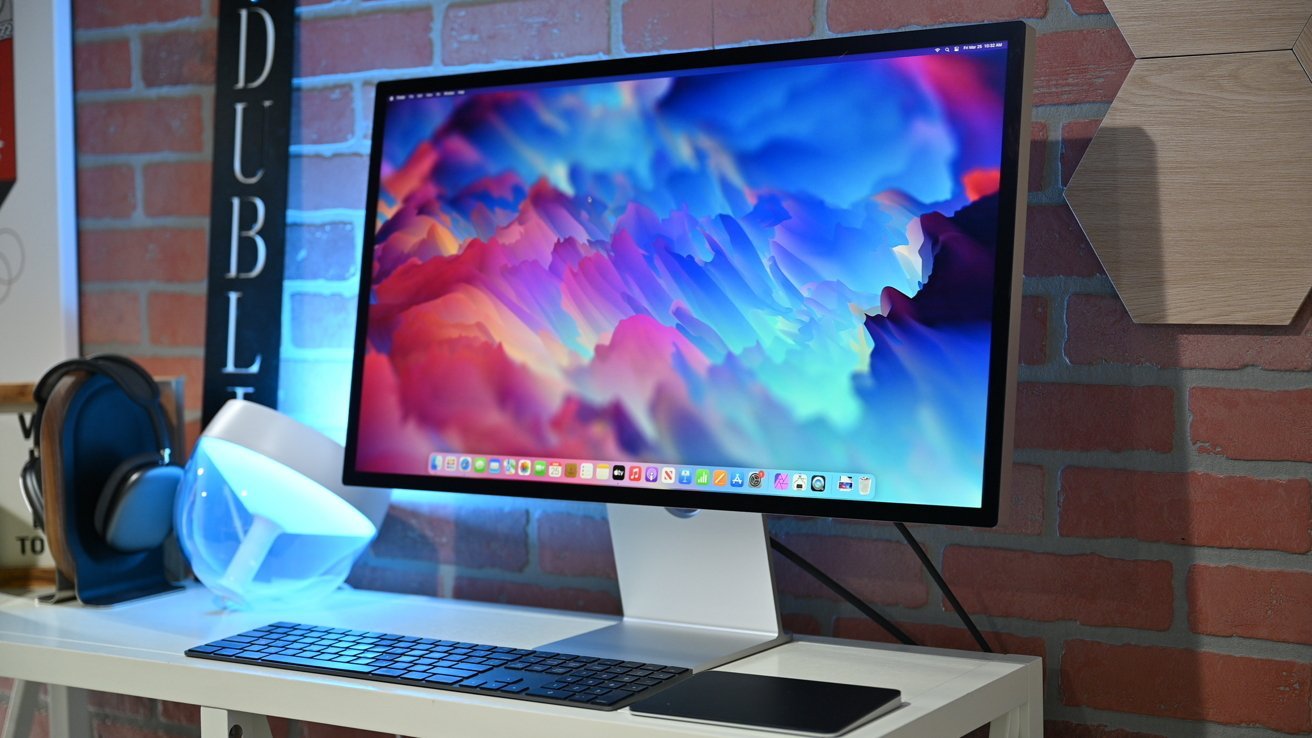Apple has formally requested the dismissal of a lawsuit filed by Elon Musk, which alleges that Apple’s collaboration with OpenAI to integrate ChatGPT into its Apple Intelligence platform unfairly excludes other AI developers, including Musk’s own AI venture, Grok.
Background of the Lawsuit
Elon Musk contends that Apple’s partnership with OpenAI creates an anti-competitive environment by favoring ChatGPT over other AI chatbots. He argues that this collaboration effectively locks out competitors like Grok from fair consideration and integration within Apple’s ecosystem.
Apple’s Response
In response, Apple has submitted a court filing seeking to have Musk’s lawsuit dismissed. The company asserts that while it has partnered with OpenAI, it is widely known that Apple intends to partner with other generative AI chatbots. Apple emphasizes that its collaboration with OpenAI does not preclude partnerships with other AI developers and that the antitrust laws do not mandate simultaneous partnerships with every AI chatbot, regardless of factors such as quality, privacy, safety considerations, technical feasibility, development stage, or commercial terms.
Musk’s Allegations
Musk’s lawsuit alleges that Apple’s deal with OpenAI has led to manipulation of App Store rankings to favor ChatGPT, thereby disadvantaging other AI chatbots like Grok. He claims that this manipulation prevents Grok and similar applications from achieving top positions in the App Store charts, which he views as an antitrust violation.
Evidence Contradicting Musk’s Claims
Contrary to Musk’s allegations, data indicates that other AI chatbots have achieved top positions in the App Store rankings. For instance, Perplexity and DeepSeek have both topped the charts and received promotion by Apple, demonstrating that the App Store does not exclusively favor ChatGPT. Additionally, Grok itself has reached the number one spot in the App Store on occasions, such as February 18 and 19, 2025, following the release of Grok-3.
Historical Context of Musk’s Disputes with Apple
This lawsuit is not the first instance of conflict between Musk and Apple. In 2022, Musk claimed that Apple was threatening to remove Twitter from the App Store, a situation that was later resolved after discussions between Musk and Apple CEO Tim Cook. Musk has also previously criticized Apple for not using his satellite service, not advertising on X (formerly Twitter), and for the company’s 30% commission on App Store transactions.
Apple’s Position on App Store Practices
Apple maintains that its App Store is designed to be fair and free of bias. The company states that it features thousands of apps through charts, algorithmic recommendations, and curated lists selected by experts using objective criteria. Apple’s goal is to offer safe discovery for users and valuable opportunities for developers, collaborating with many to increase app visibility in rapidly evolving categories.
Conclusion
Apple’s request for dismissal of Musk’s lawsuit underscores the company’s stance that its partnership with OpenAI does not constitute anti-competitive behavior. The evidence of other AI chatbots achieving top positions in the App Store suggests that the platform remains open to a variety of AI applications. As the legal proceedings continue, the outcome will have significant implications for the dynamics of AI partnerships and competition within the tech industry.



